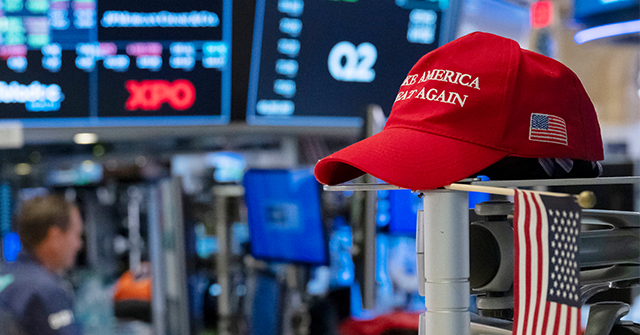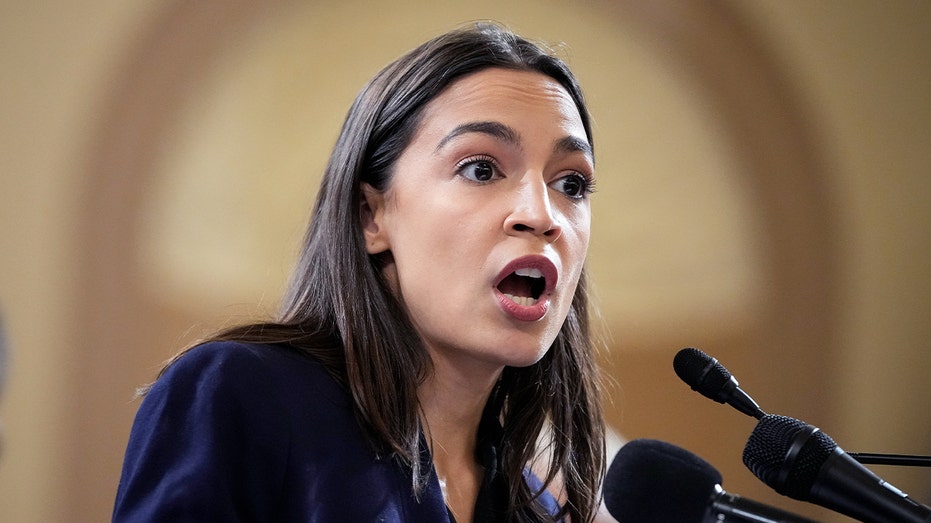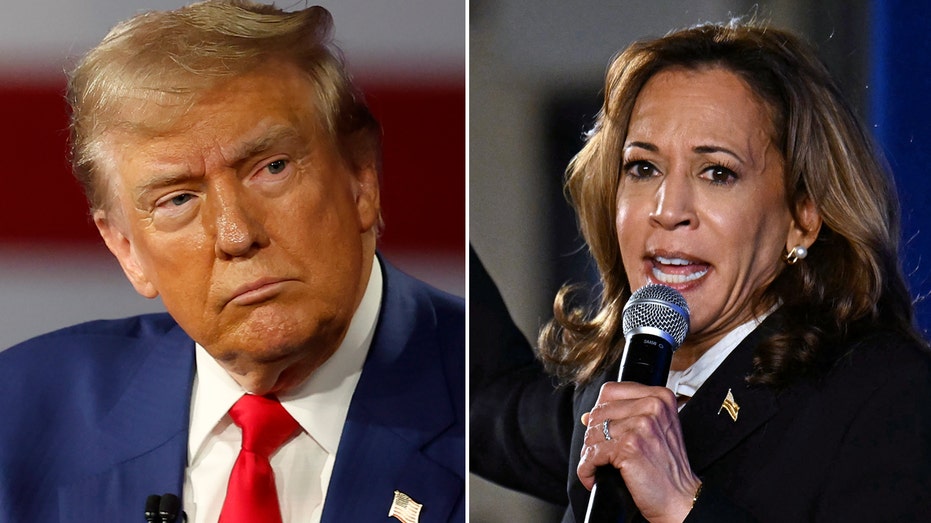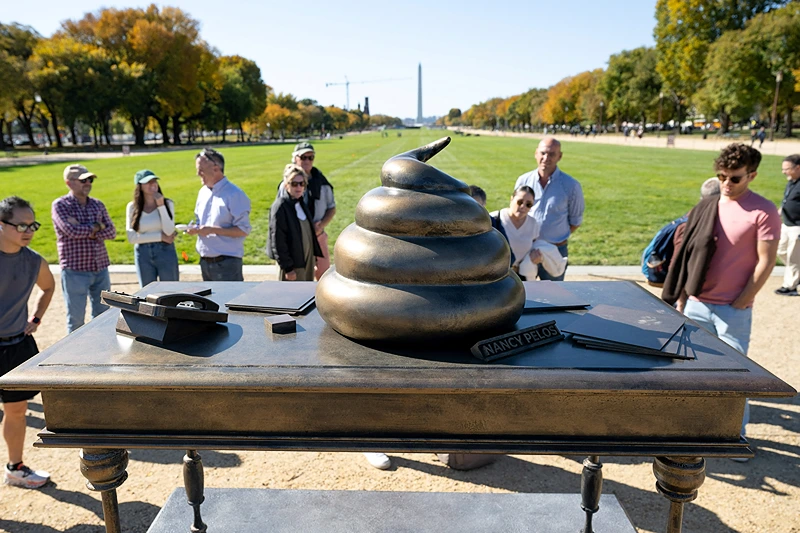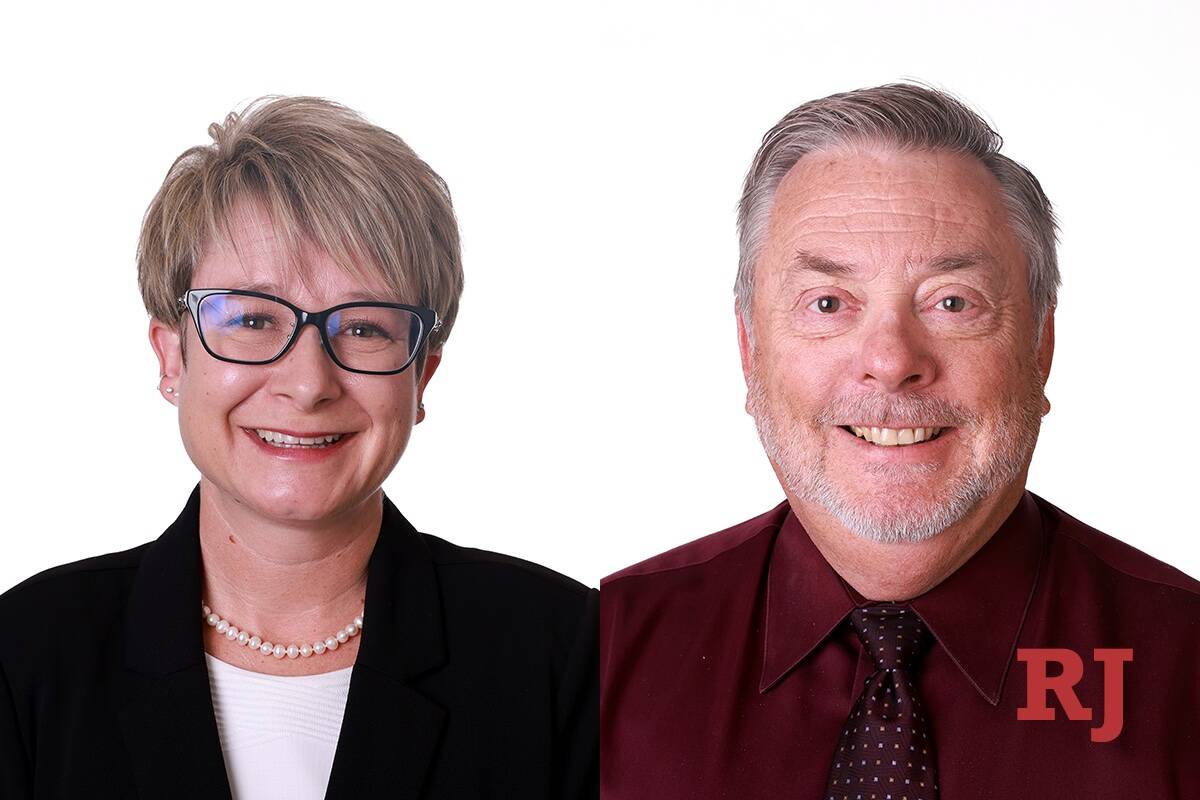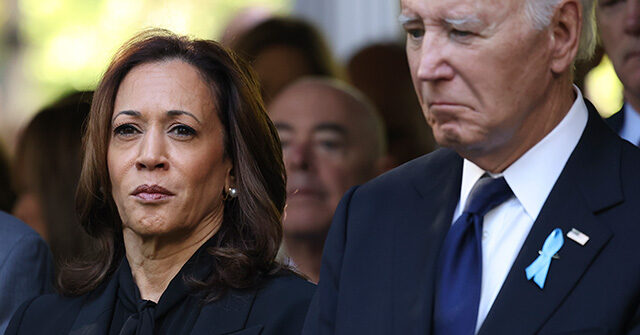Canada 51
Trump draws on a long tradition of fraternal bullying of our northern neighbor. The post Canada 51 appeared first on The American Conservative.
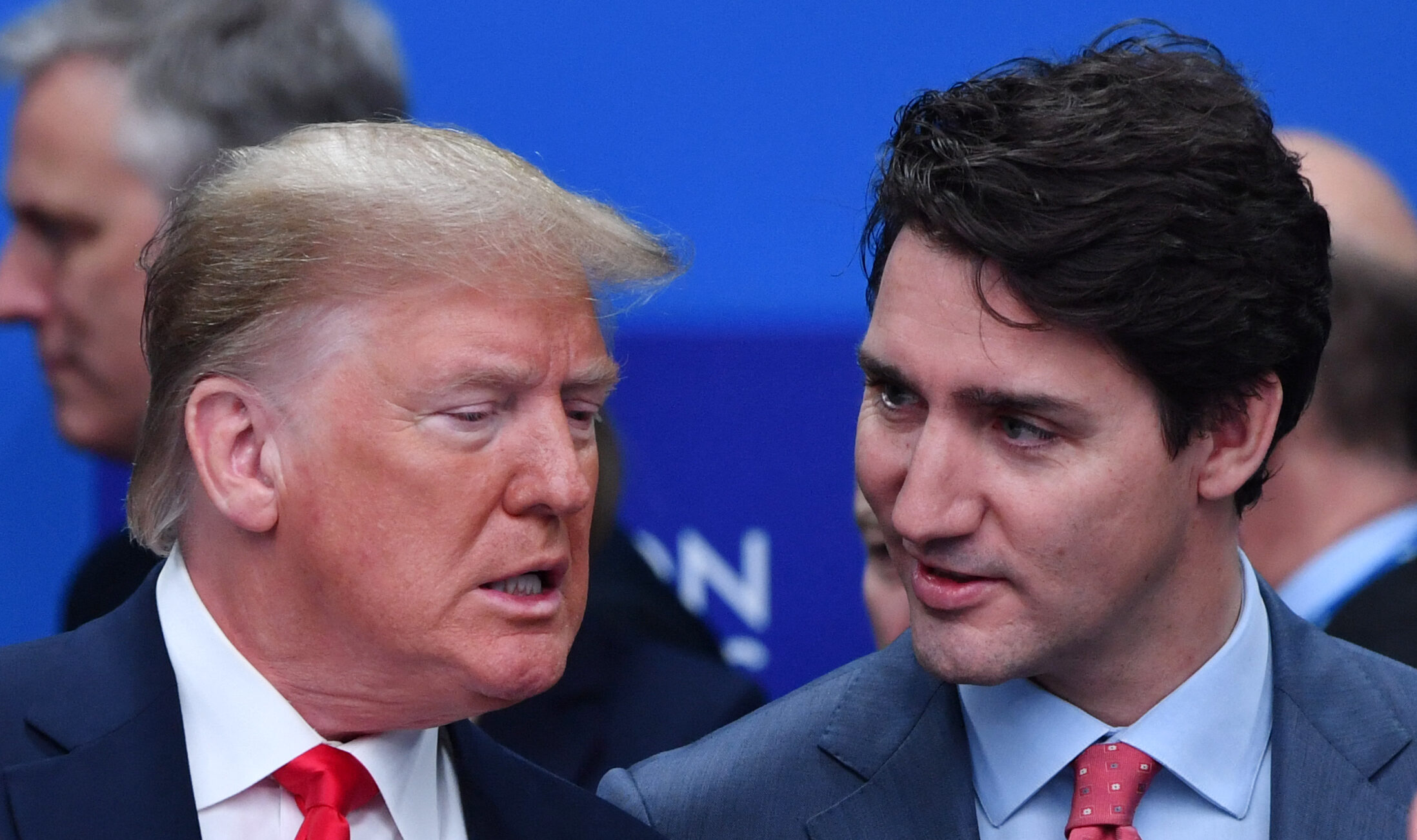
Canada 51
Trump draws on a long tradition of fraternal bullying of our northern neighbor.

Steve Bannon loved the idea: “People are saying—Canada 51.”
Bannon’s message was just the latest salvo in a series of recent declarations opined by President-elect Donald Trump and his MAGA army. The intent was clear—to troll Canadian Prime Minister Justin Trudeau as his government falls apart. But to some, the call for Canadian statehood is more than just a joke. To some, the idea of incorporating Canada into the greater United States is as exciting a proposition as when then-President Trump suggested the U.S. purchase Greenland.
In a post to his Truth Social network at 5 o’clock in the morning on Wednesday, Trump stated the following: “No one can answer why we subsidize Canada to the tune of over $100,000,000 a year? Makes no sense! Many Canadians want Canada to become the 51st state. They would save massively on taxes and military protection. I think it’s a great idea. 51st State!!!”
And though the idea may appear far-fetched on the surface, a new Leger poll finds that 13 percent of Canadians would like the country to become the next U.S. state. Nearly one in five men polled by Leger agreed the U.S. should incorporate Canada.
The idea of annexing Canadian lands is not a new one. The task was attempted twice, militarily, during the American Revolutionary War and the War of 1812. In June of 1775, Irish-born American Maj. Gen. Richard Montgomery led a siege on Quebec Province, then a British colony. Though he captured Montreal, Montgomery was hampered by distance, inefficient supply chains, a smallpox outbreak, and American troops who showed little willingness to fight north of the border.
Montgomery led a siege on Quebec City along with that Benedict Arnold during a snowstorm on New Year’s Eve, 1775. Montgomery was mortally wounded, Arnold injured, and many American men were taken prisoner by the Brits. American troops held Montreal for months, as Congress sent men and further deliberated the matter. A delegation including Benjamin Franklin made their way to Montreal but failed to gin up critical support among Montrealers. Though Commander-in-Chief George Washington continued to show interest in capturing Quebec City, by May of 1776, the Americans began to pull out and the sojourn was considered a failure.
U.S. forces took their second shot at Canada (still-Britain) at the same time the Napoleonic Wars were being waged across Europe. In June of 1812, U.S. President James Madison and Congress formally declared war on the British Empire, citing British maritime blockades and attempts to court native populations into skirmishes against the U.S. along the present day Canadian border.
Though American troops outnumbered British troops by 2:1, the service was voluntary, ill-disciplined, and paid poorly. Three campaigns were commissioned but each failed to advance against the enemy.
Annexation attempts were made in the years following, including during the 1860s after US Secretary of State William Seward’s purchase of Russian Alaska. Petitions favoring annexation of British Columbia reached the desk of President Ulysses S. Grant in 1869, but the province was ultimately admitted into Canada in 1871.
Despite more attempts to annex parts of Canada into modern America over the last 150 years, none were successful. In 2023, Tucker Carlson jokingly broached the topic with a similar line of inquisition as to Trump’s this week. “We’re spending all this money to liberate Ukraine from the Russians, why are we not sending an armed force north to liberate Canada from Trudeau?”
Trump first mentioned the idea after hosting Trudeau for dinner at Mar-a-Lago only weeks after being reelected to the White House. Trudeau reportedly balked at Trump’s idea of levying 25 percent tariffs on Canadian imports if Trudeau is unable to slow the pipeline of illegal immigration from our northern neighbors. Trump has been hammering away at Trudeau ever since.
“If Canada can’t survive without ripping off the US to the tune of $150 billion a year, then maybe Canada should become the 51st state and Trudeau could become its governor,” Trump reportedly told Trudeau when the rivals met face to face in Florida. And the ribbing didn’t end there. Days later, Trump referred to Trudeau as the “Governor of the Great State of Canada.”
This is the pure, vintage cinema of Donald J. Trump. And in true Trump fashion, an idea that first appeared to be only a joke has grown wings and become adopted as a full policy flank for his most avid supporters. Across ????, Trump has been heralded as “the next James Polk,” the expansionist president who envisioned an America that included Cuba and large parts of northern Mexico.
Canada’s political future remains uncertain following this week’s shock resignation of Chrystia Freeland, Canada’s finance minister. Opposition leader Jagmeet Singh has joined critics of Trudeau in calling for the prime minister to resign. And while Trump has surprisingly coasted through what was anticipated to be a turbulent moment in American politics, Trudeau has found only rough waters above Lake Champlain.
Though it is certainly unlikely to go forward, Trump’s trolling of Trudeau on the subject of Canadian statehood has opened possibilities that seemed laughable only weeks ago. Who is laughing now, Trudeau?
The post Canada 51 appeared first on The American Conservative.
What's Your Reaction?








